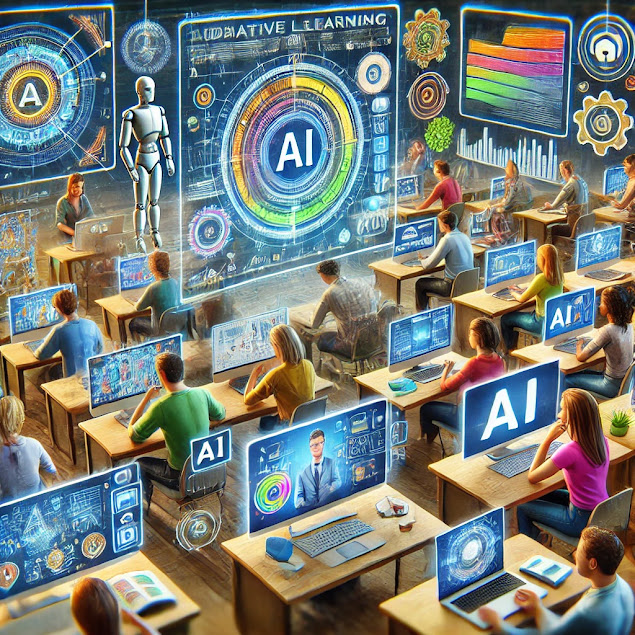The Future of Neural Technologies

Neural Technologies: A Glimpse into the Future of Human-Computer Interaction Introduction: Neural technologies, particularly neural earbuds and interfaces, are rapidly advancing towards mainstream adoption. These innovations are set to revolutionize the way we interact with devices by using brainwave detection and muscle movements to offer non-invasive control over computers and gadgets. From gaming to productivity, this cutting-edge technology promises a hands-free and intuitive experience, pushing the boundaries of human-computer interaction. What Are Neural Earbuds? Neural earbuds, such as the Naqi Neural Earbuds introduced at CES 2024, are designed to read brainwaves, gyroscopic data, and muscle movements. These devices act as an interface between the brain and external devices, allowing users to control actions on computers, smartphones, and even gaming consoles without physically touching them. By harnessing brainwave sensors, they offer an alternative to invasive brain implant...







.png)